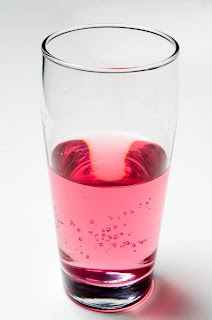Billy Collins and Animated Poetry
I feel that one thing I should address sooner rather than later, is the quote I have used in the description of this blog. In my opinion, when someone uses a quote or talks about a certain article or something similar they should, under most circumstances, show the source of their information. Not only is it thoughtful of your source but it helps to prevent things being taken out of context. Admittedly it's not always necessary, but it's a fairly good rule to try and follow.
So, back to the blog description quote. Back in February, TED posted a video of former U.S Poet Laureate Billy Collins giving a talk about five of his poems that had been set to animation (for the few people yet to discover the wonderful world of TED check it out at www.ted.com). It is this talk (shown below) that the quote in question comes from. Despite saying that I was going to concentrate on outside public poetry, I seem to have kicked off with a digital one, oh well, its a great experiment in animated poetry none the less. Personally I find the animations abit of a distraction from the poems but check them out for yourselves and let me know what you think:
A Glass of Knowledge Squash
Returning to the theme of including sources in written work, I'd like to attempt to demonstrate why I think showing your sources is important. When I look at an article I like to think of it as a glass of fruit squash, with the source of the article being the cordial, the water coming from the writer and the glass from the publisher.
 |
| Picture from www.sxc.hu |
In most cases people can't drink the cordial without it being watered down to a suitable strength and the same goes for writing, take for example the recent (highly probable) discovery of the Higgs-Boson by scientists at CERN; if the scientists were only to release the data they had generated, that was all that was to be given to the public, anyone without a Ph.D. in particle physics wouldn't understand it, someone needs to water it down. But how do you know how water to add? Everyone likes their squash at different strengths and you have a pretty wide demographic of readers you want to reach.
A good article will water down the cordial to a strength that seems appropriate, then tell the readers where the bottle of cordial is so that people who like a stronger tasting drink can top up at their discretion. A not so good article will do the same but not tell you where to get the cordial. A terrible article will mix in different cordials, not tell you where there from, and try and pass off the resulting cocktail for the squash that you really wanted.